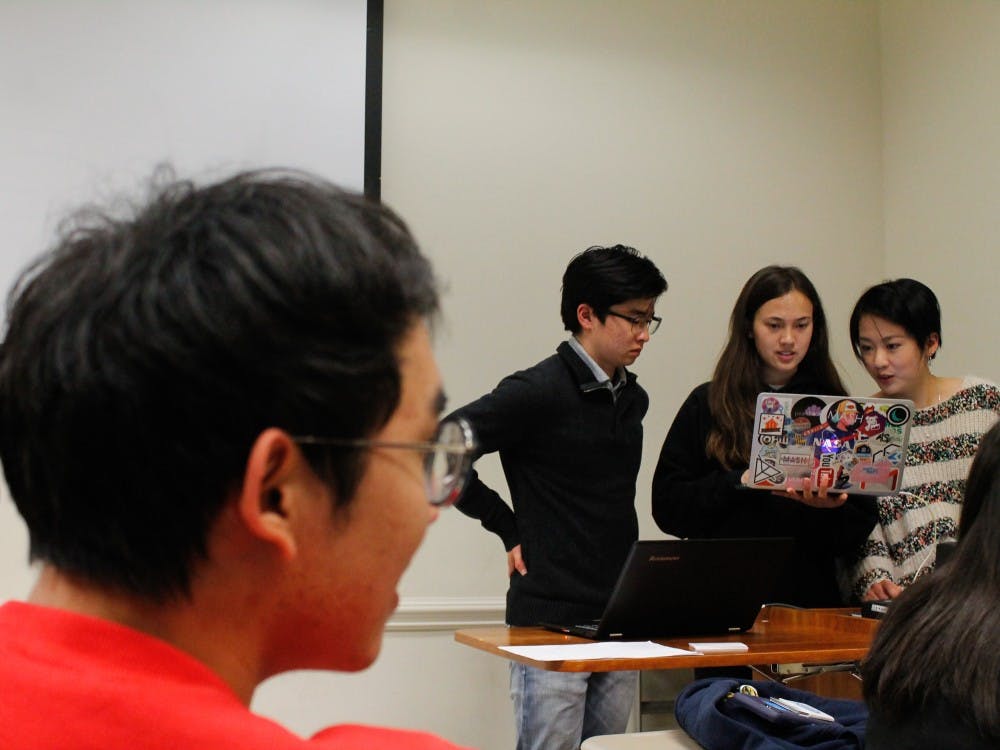UNC’s Asian American Students Association (AASA) is standing in support of the University’s race-conscious admissions process.
The organization conducted a member vote late last week to determine whether or not the AASA as a whole would sign on to an amicus brief that backs UNC in the case against Students for Fair Admissions (SFFA). AASA was contacted by North Carolina Asian Americans Together to sign on to the brief, which is being filed by the coalition Asian Americans Advancing Justice.
The SFFA is a nonprofit group of more than 20,000 students, parents and others who believe that race-conscious admission policies are unfair, unnecessary and unconstitutional, according to the group's website.
AASA voted to sign the brief, which aims to assist the court by providing additional information and arguments about the case.
“There is this idea that affirmative action hurts Asian-Americans,” said junior and AASA member Daniel Kang. “I think it's pretty powerful when Asian-Americans stand in solidarity with other underrepresented minority groups to basically affirm the fact that there is historic and systematic racism, and that we do stand in solidarity with them.”
The lawsuit was filed in 2014 by SFFA. SFFA argues that UNC discriminates against white and Asian applicants in favor of underrepresented minority applicants. SFFA seeks to remove race as a factor from UNC’s admissions process entirely, so that admissions will become race-neutral.
“Our argument is UNC places too great of emphasis on an applicant's race and ethnicity,” said SFFA President Edward Blum. “And they shouldn't even use race and ethnicity at all.”
UNC currently uses a race-conscious system, which means that a student’s race, along with other factors, such as location or socioeconomic status, are taken into account in the request for admission.
According to a memo of law filed by the University in January, UNC’s race-conscious policies are a part of a holistic admission process.




